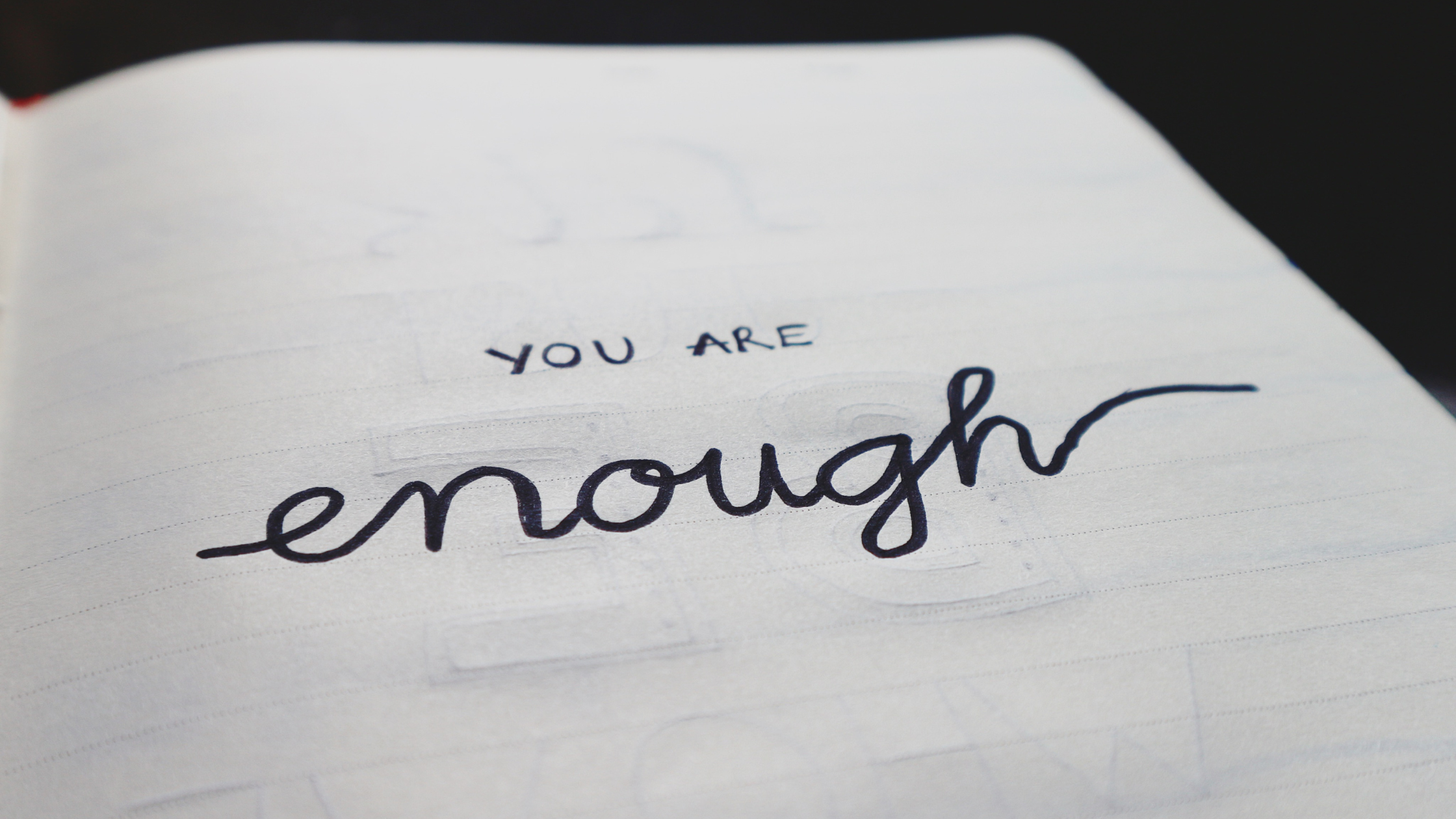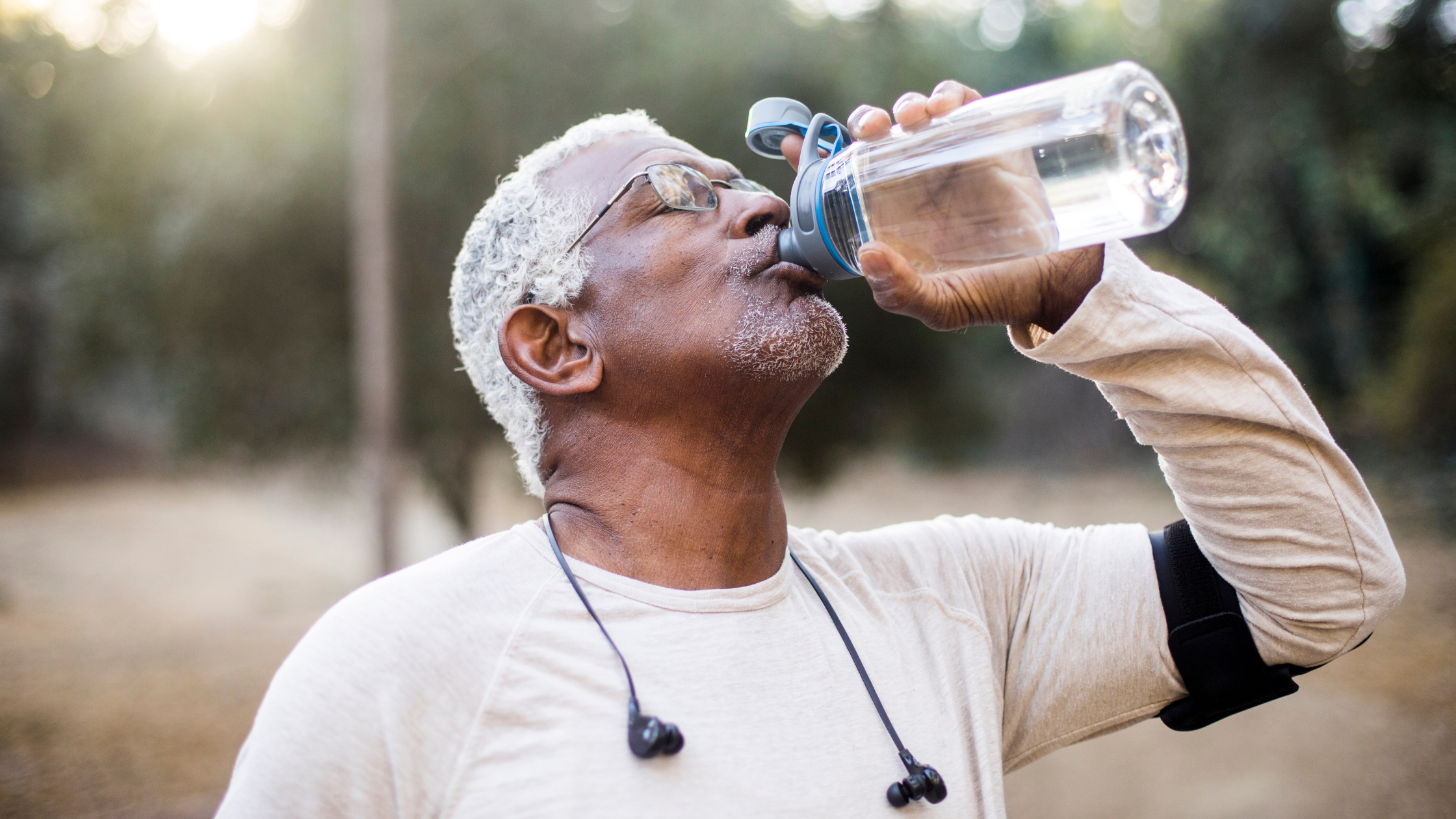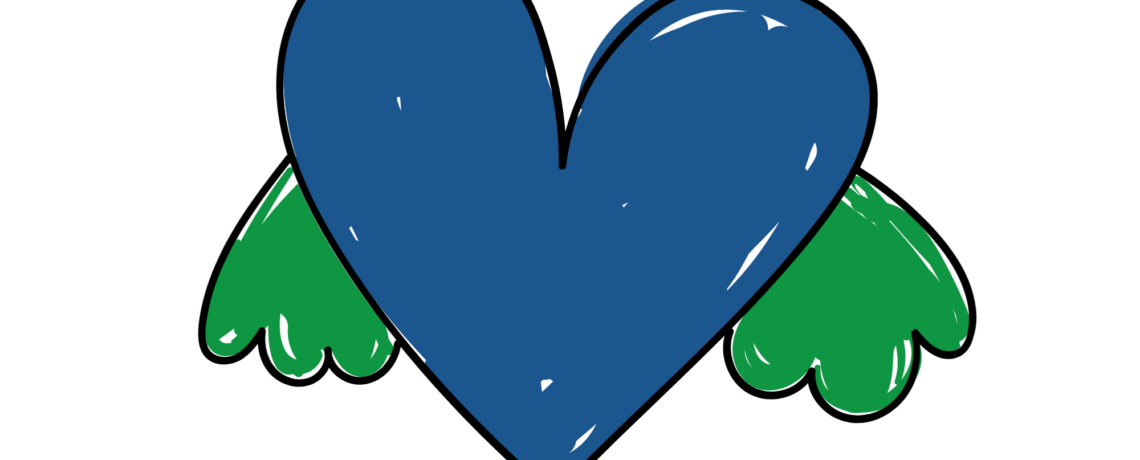
More Than a Meal: Cooking, Connection, and Compassion
In my home, meals mean love, laughter, and togetherness. We gather, share food, try new flavors, and create lasting memories around the table. Cooking allows me to carry that tradition forward and continue building those connections. Cooking has always been more than just preparing meals; it’s a creative outlet and a way to connect with the people I love. I first came across the recipe I’m sharing today while on deployment, and it quickly became a favorite. Over time, I’ve refined it, added my own touches, and it has since become a staple in my kitchen.
Cooking and sharing meals is one of the ways I connect with my loved ones, but it also reminds me of the importance of balance and compassion when it comes to food and health. As a therapist, I’ve learned that not everyone has the same relationship with food. For some, it can be overwhelming, even painful. It’s important to remember that while food nourishes our bodies and our bonds, it can also be a source of struggle. Eating disorders affect an estimated 30 million Americans in their lifetime. They are serious conditions, and too often, society and the media have glamorized them, prioritizing outward appearances over health and true well-being. In reality, these struggles are dangerous, and behind every eating disorder is a person deserving of care, compassion, and healing. With the right support, recovery is possible, and every journey deserves to be met with empathy and understanding. If you or someone you know is struggling, please know you are not alone, and help is available.
If you try this recipe, I hope it brings warmth and flavor to your table the way it has to mine. And if you’re facing challenges with food, may this also be a gentle reminder: there is hope, healing, and support waiting for you.
Recipe:
Ingredients
- 6 grape tomatoes (4 for sauce, 2 for rice)
- 4 Serrano peppers (charred)
- ½ medium white onion (divided: ¼ for chicken sauce, ¼ for rice sauce)
- 4 garlic cloves (3 for chicken paste, 1 for rice sauce)
- 10 chicken legs (skin-off)
- 2 limes (juice divided: 1 for chicken marinade, 1 for rice)
- 2 cups long-grain rice, washed and drained
- 2 tbsp vegetable oil
- 1 cube tomato bouillon
- 1 cube chicken bouillon
- 1 small bunch of fresh cilantro (reserve a few leaves for garnish)
- 1 avocado (sliced for garnish)
- 4–6 small flour or corn tortillas (optional, for serving)
- Seasonings:
- Maggie seasoning (to taste)
- Black pepper (1 tsp, or to taste)
- Ground cumin (1 tsp)
- Dried oregano (1 tsp, rubbed between fingers)
- Salt (as needed)
Instructions:
1. Char the vegetables
Roast 4 grape tomatoes and 4 Serrano peppers until the skins are blistered and slightly blackened and set aside to cool slightly.
2. Prepare the chicken
Pat the chicken legs dry.
In a mortar & pestle (or blender), grind 3 garlic cloves, 1 tsp black pepper, 1 tsp cumin, 1 tsp oregano, and the juice of 1 lime into a paste.
Rub paste generously into the chicken, drizzle with Maggie seasoning, and let it marinate for at least 1 hour (longer if possible).
3. Fry the chicken
Heat oil in a heavy-bottomed pan.
Fry chicken on medium heat until golden brown on all sides and cooked through. Remove and set aside
4. Cook the rice
In another pan, heat 1 tbsp oil. Add 2 cups of washed rice and stir-fry until lightly golden.
5. Make the first sauce (for chicken)
Blend: 4 charred tomatoes, 4 Serrano peppers, ¼ onion, and about ½ cup water until smooth.
Return chicken to pan, pour sauce over, and simmer gently for 10–15 minutes so chicken absorbs flavor.
6. Make the second sauce (for rice)
Blend: 2 fresh grape tomatoes, ¼ onion, 1 garlic clove, tomato bouillon, chicken bouillon, and about ½ cup water until smooth.
Pour into toasted rice. Stir well.
7. Simmer the rice
Add 3.5 cups of hot water, juice of 1 lime, and a small bunch of cilantro (whole stems).
Season lightly with salt.
Cover with a tight lid and cook on low until rice is fluffy (about 20 minutes). Remove cilantro stems before serving.
8. Serve
Plate chicken alongside rice.
Garnish with fresh avocado slices and reserved cilantro leaves.
Serve with warm tortillas if desired.
This dish is flavorful, comforting, and perfect for bringing everyone around the table.
-Tajana President, Clinical Mental Health Therapist, NCC, APC









 Since 2007 Manna Fund has been dedicated to "fill the funding gap" for individuals treating eating disorders. Manna Fund is a tax deductible 501(c)(3) non-profit and we focus on those needing the most immediate and critical level of care. Most people are unaware at the costs associated with inpatient and residential treatment. Scroll to see ways you can help.
Since 2007 Manna Fund has been dedicated to "fill the funding gap" for individuals treating eating disorders. Manna Fund is a tax deductible 501(c)(3) non-profit and we focus on those needing the most immediate and critical level of care. Most people are unaware at the costs associated with inpatient and residential treatment. Scroll to see ways you can help.